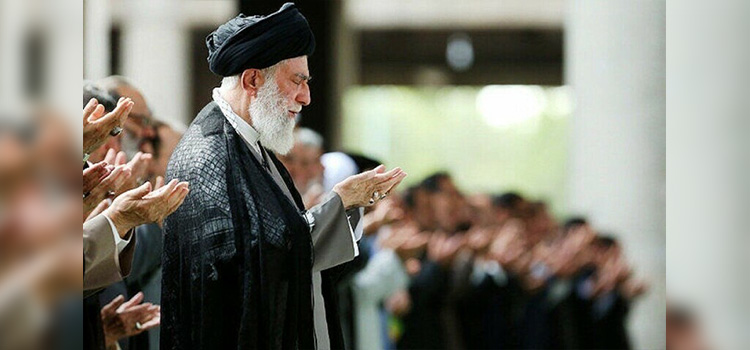In a somber display of grief and defiance, Iran held funeral processions on Thursday for Hamas political chief Ismail Haniyeh, who was killed in a strike in Tehran, an act blamed on Israel. The ceremony, marked by calls for revenge, was led by the Islamic Republic’s supreme leader, Ayatollah Ali Khamenei, who threatened severe repercussions for Haniyeh’s death.
Thousands gather to mourn
Tehran’s city centre saw thousands of mourners, holding posters of Haniyeh and Palestinian flags, gather for a ceremony at Tehran University before proceeding in a large funeral procession. According to an AFP correspondent, the atmosphere was charged with sorrow and anger as the crowd paid their respects.
Haniyeh’s death, alongside his bodyguard, was confirmed by Iran’s Revolutionary Guards, who stated that the two were killed in a strike on their accommodation in Tehran at 2:00 AM on Wednesday. This event follows closely on the heels of Israel’s targeted killing of top Hezbollah commander Fuad Shukr in Beirut, escalating fears of a broader regional conflict in the wake of the Israel-Hamas confrontation in Gaza.
Official reactions and international calls for calm
Israel has not commented on the strike in Tehran. However, Iran’s state television broadcasted images of the coffins draped in Palestinian flags, with senior Iranian officials including President Masoud Pezeshkian and General Hossein Salami of the Islamic Revolutionary Guard Corps in attendance.
During the funeral, senior Hamas figure Khalil al-Hayya vowed that Haniyeh’s stance of not recognising Israel would endure. Iran’s parliamentary speaker, Mohammad Bagher Ghalibaf, pledged to avenge Haniyeh’s death, echoing Ayatollah Khamenei’s earlier calls for retribution.
The funeral procession featured caskets adorned with patterns resembling Palestinian keffiyeh scarves, carried through streets lined with mourners as cooling mists sprayed over the crowd. Khamenei emphasised the duty to seek revenge for Haniyeh’s “martyrdom” in Iranian territory.
President Pezeshkian condemned the strike, promising that Israel would face consequences for what he termed a “cowardly and terrorist act.”
Global diplomatic responses
The international community has expressed concern over the escalating violence. UN Secretary-General Antonio Guterres described the strikes in Tehran and Beirut as dangerous escalations, urging a focus on achieving a ceasefire in Gaza. This sentiment was echoed by the Prime Minister of Qatar, Sheikh Mohammed bin Abdulrahman Al-Thani, who questioned the viability of mediation efforts following Haniyeh’s assassination.
US Secretary of State Antony Blinken called for an end to escalatory actions and stressed the importance of a ceasefire in Gaza. The White House also noted that the killings of Haniyeh and Shukr were detrimental to regional stability.
Regional tensions on the rise
While Iran has unequivocally blamed Israel for the attack, Israel has remained silent on Haniyeh’s death but claimed responsibility for Shukr’s killing. The incidents have intensified an already volatile situation, with fighting in Gaza drawing in Iran-backed groups from Syria, Lebanon, Iraq, and Yemen.
Yemen’s Houthi rebels declared three days of mourning for Haniyeh, with leader Mahdi al-Mashat extending condolences to the Palestinian people and Hamas.
The United Nations Security Council held an emergency meeting at Iran’s request to discuss the situation, underscoring the gravity of the regional tensions.
Hamas, engaged in indirect negotiations with Israel for a truce and a hostage-prisoner exchange deal, now faces uncertainty with Haniyeh’s death. Analysts suggest that his moderating influence within the group will be missed, potentially altering the dynamics within Hamas.
Israeli Prime Minister Benjamin Netanyahu has reiterated his commitment to dismantle Hamas, a stance reinforced by the fallout from Hamas’s attack on southern Israel on October 7, which marked a significant escalation in the conflict.
